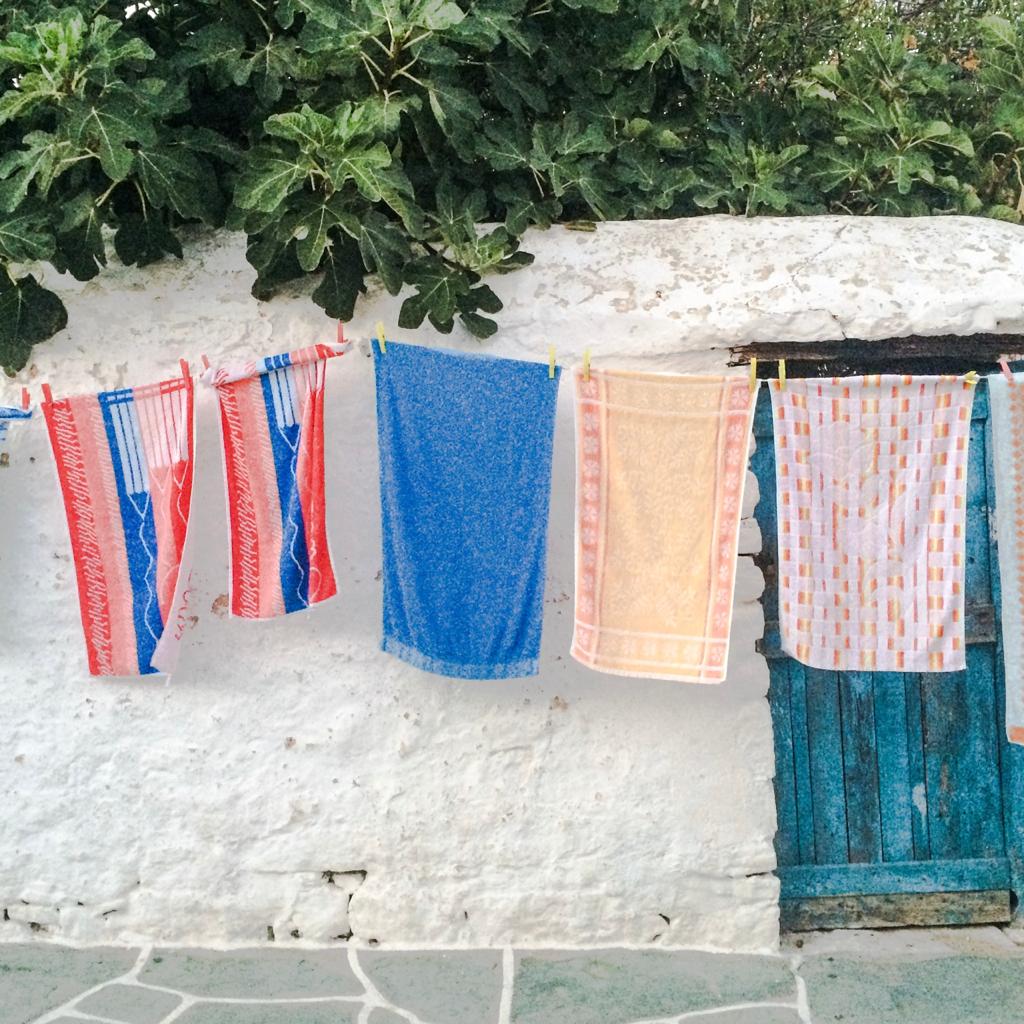
Gone are the days when the catwalks would dictate what we would buy twice a year – only for those bold, statement pieces to be thrown to the back of our wardrobe after six months, never to be worn again. We are officially entering a new age where everything, and therefore nothing, is trending.
This new development is rooted in the rise of climate action movements in recent years, which have increasingly called into question the ethics of fast fashion. These movements have called for conscious consumption which is mindful of the environmental impacts of consumer habits. Instead of trying to keep up with the trends by buying whatever has been showcased most recently on the catwalks, the conscious consumer looks for sustainable clothing which will last a long time – see the 30 Wears Campaign, started by Livia Firth to promote a more sustainable approach to buying clothes.
The 2020 coronavirus pandemic has only fuelled the new culture of conscious consumption. With millions of people under stay-at-home orders across the world, consumers, more than ever, are prioritising comfort over staying on trend. Moreover, the increased free time that the pandemic has given many people, for better or for worse, has led them simultaneously to embark on wardrobe clear-outs, search for new ways to earn money, and reflect on the devastating impacts of fast fashion. This has provided the perfect recipe for the growing popularity of second-hand clothing apps, like Depop in the UK, whose business has doubled this year. As the saying goes, ‘one person’s trash is another person’s treasure’ – and there is no better proof than these apps. While providing buyers with a marketplace for unique, timeless fashion, they also provide sellers with an easy way to both earn some money and get rid of those pieces which had long been cast to the back of their wardrobes. What’s more, buying second-hand is also a guilt-free and sustainable way to continue to engage with the fashion industry and to explore your personal style.
However, you don’t have to buy second-hand to be a conscious consumer. Artisanal brands are also paving the way for a sustainable, innovative, post-trend fashion industry. Salty Bag, for example, upcycles decommissioned sails to create luxury, timeless bags which they guarantee to last well into the future. Similarly, Handmade by Ddora creates stylish handmade women’s accessories using traditional, artisanal methods, thus serving to preserve culturally significant traditions and to promote zero-waste, eco-friendly fashion. Click here to read more about why you should be buying artisanal products.

Related: Made in Corfu – three options for artisanal products made on the island
The end of trends can only signal positive changes for the environment. Whichever ways you choose to support sustainable, timeless fashion; whether you buy or sell your clothes second-hand via an app, you support artisanal brands, or you only buy pieces which you know you will wear 30 times, it’s a step in the right direction for our planet.